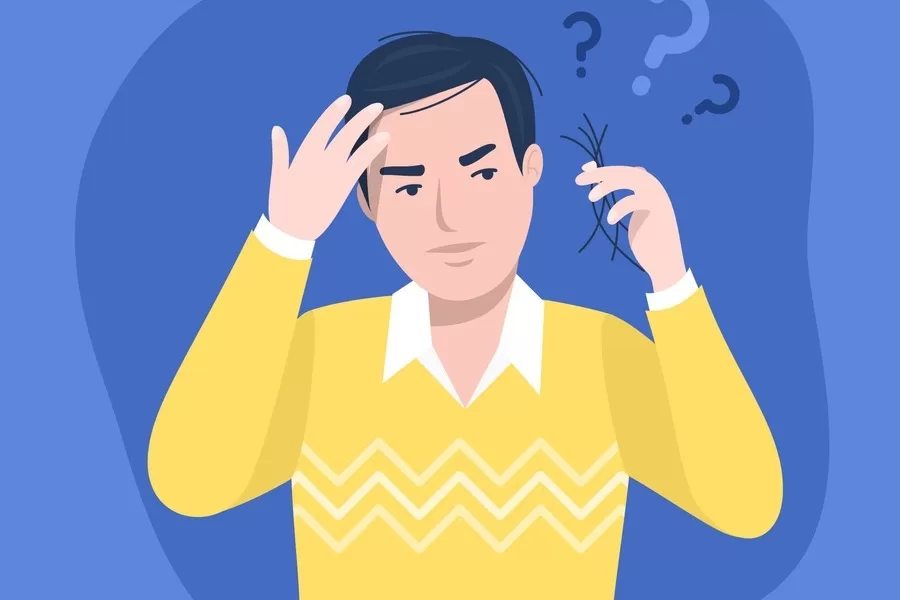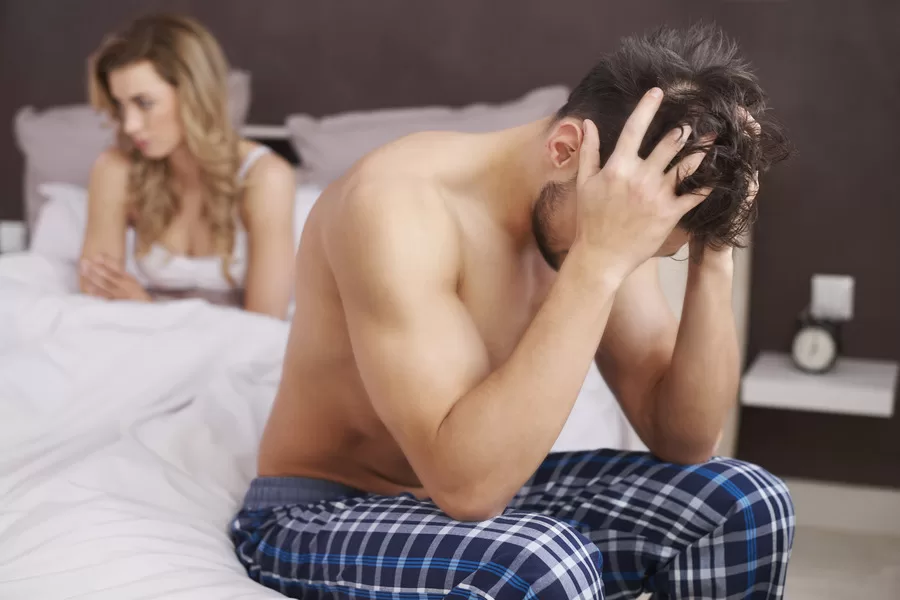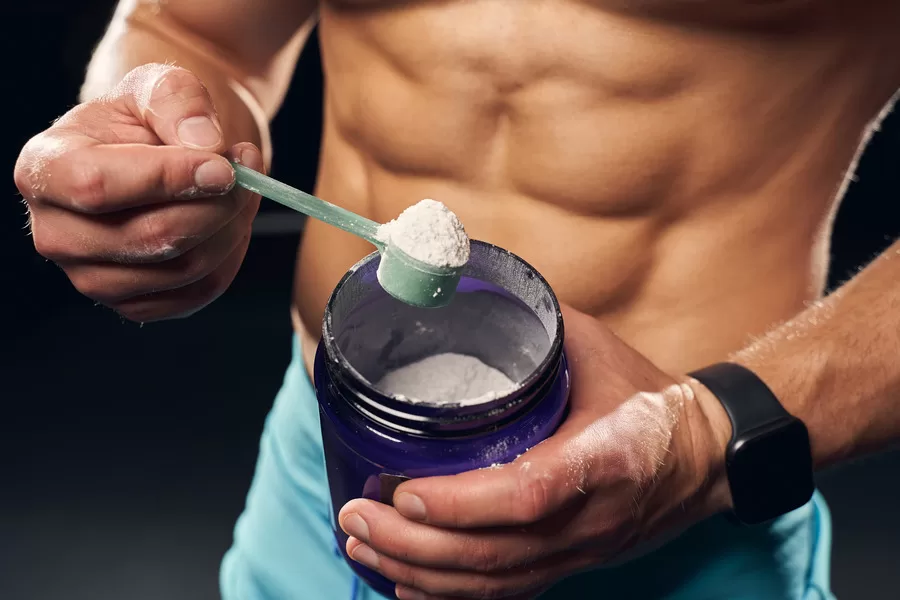
In the intricate world of health and wellness, where every choice carries weight, the use of testosterone boosters has emerged as a significant topic of discussion, particularly concerning hair health. While these supplements are sought after for their benefits in enhancing muscle mass, energy levels, and overall vitality, their impact extends beyond these attributes, influencing hormonal balances, including testosterone levels, that are crucial for hair health.
Understanding Testosterone Boosters
Testosterone boosters, increasingly sought after in the realms of health and fitness, are supplements aimed at enhancing the body’s testosterone levels. Available in forms like pills, creams, and injections, these supplements are geared towards boosting physical strength, energy, and sexual performance. Testosterone, a hormone predominantly found in men, plays a pivotal role in muscle development, energy regulation, and sexual health. The burgeoning interest in these supplements has also highlighted possible side effects, including their impact on hair health.
Motivations for Using Testosterone Boosters
- They aim to build muscle mass and strength, making these supplements popular among athletes and gym enthusiasts.
- They are aimed at increasing energy levels, increasing overall dynamism and vitality.
- Want to improve libido and sexual performance, often in response to age-related changes or health problems.
Testosterone’s Intricate Relationship with Hair
Testosterone’s influence on hair growth is complex and multifaceted. While promoting hair growth in certain body areas, it has a different effect on scalp hair. This contrast is due to testosterone’s conversion into Dihydrotestosterone (DHT), a more potent form of the hormone. DHT is closely associated with thinning and hair loss, especially in male pattern baldness, and is dependent on genetic predisposition.
The Role of Testosterone Boosters in Hair Thinning
Elevated testosterone levels from these supplements can result in increased DHT levels in the body. Although testosterone boosters improve physical fitness and increase energy, their ability to accelerate baldness is a major concern for many users
DHT tends to bind to receptors on hair follicles, particularly those on the scalp. In individuals genetically predisposed to hair loss, especially male pattern baldness, DHT can shrink hair follicles. This process is known as follicular miniaturization. From miniature hair follicles, over time the hairs become thinner, shorter and less pigmented, which is a key characteristic of androgenetic alopecia or regular male pattern baldness.
Signs of Testosterone-Induced Hair Loss
Due to elevated levels of testosterone or DHT, it usually follows a typical pattern, starting with a receding hairline and thinning at the top of the head. Over time, this may progress to more noticeable baldness. Increased hair loss, thinning of individual strands, and more visible scalp through hair are common early signs of this type of hair loss.
- DHT Blockers: Medications like finasteride are designed to block the conversion of testosterone to DHT, potentially slowing or stopping hair loss progression.
- Topical Treatments: Minoxidil, a topical solution, can stimulate hair growth and is often used in conjunction with DHT blockers.
- Natural Remedies: Some individuals opt for natural supplements like saw palmetto, believed to help in reducing DHT levels.
- Lifestyle Changes: A healthy diet, regular exercise, and stress reduction can contribute positively to overall hair health.
Advantages and Disadvantages of Testosterone Supplements
Pros:
- They can lead to improved muscle growth and physical strength.
- Users often report enhanced energy and mood.
- They can positively impact sexual drive and performance.
Cons:
- One major drawback is the potential for accelerated hair loss due to increased DHT levels.
- Users might experience side effects such as mood swings and skin conditions.
- Effectiveness can vary, particularly for individuals with already sufficient testosterone levels.
Should you take testosterone boosters?
When choosing testosterone boosters, it is very important to weigh their benefits against the potential risk of hair loss. Understanding the role of DHT in curl health, exploring natural hair care options, and maintaining a healthy lifestyle are important factors for potential users.
Comprehensive Hair Care Beyond Supplements
Adopting a holistic approach to hair care is essential. This includes using gentle, nourishing hair care products, avoiding harsh chemical treatments and heat styling, ensuring proper hydration, and getting enough rest. Scalp massages can also stimulate blood flow and promote hair health.
The Importance of Consulting Healthcare Professionals
Before starting any testosterone booster regimen, consulting healthcare experts is imperative. They can offer personalized advice based on individual health profiles and potential risks. Monitoring changes in hair health while using these supplements can also provide valuable insights into their effects.
Lifestyle Factors and Their Impact on Hair Health
Nutrition and diet
The most important factor affecting hair health is nutrition. Hair follicles require a constant supply of nutrients to maintain their growth and strength. A diet rich in vitamins and minerals such as iron, zinc, vitamin E and proteins is vital for healthy hair. Omega-3 fatty acids found in fish, flax seeds and walnuts help nourish curls and promote thickening. Conversely, nutritional deficiencies can lead to thinning, reduced growth rate, and even hair loss.
Stress management
Chronic stress plays an important role in the health of your strands. This can cause a condition known as telogen effluvium, in which hair follicles prematurely enter the resting phase of the growth cycle, resulting in increased hair loss and thinning. Managing stress through relaxation techniques, meditation, yoga or regular exercise can help mitigate its impact on lock health.
Sleep quality
Adequate, quality sleep is essential for overall health, including healthy hair. During sleep, the body repairs and regenerates tissue, including hair follicles. Lack of sleep can disrupt this process, leading to weakened growth.
Smoking and drinking alcohol
Smoking negatively affects hair by reducing blood flow and nutrient delivery to the scalp and hair follicles. Likewise, drinking too much alcohol can lead to dehydration, which can weaken strands and make them more prone to damage. Reducing or quitting smoking and drinking alcohol in moderation can significantly improve scalp health.
Hydration
Proper hydration is key to maintaining healthy hair. Dehydration can make hair dry and brittle, leading to breakage. Drinking enough water will ensure that your strands stay hydrated and healthy.
Hair care practice
How a person treats their hair plays an important role in their health. Over-styling, frequent application of heat, harsh chemical treatments and tight hairstyles can lead to damage and breakage. Gentle styling, minimizing heat exposure, and using hair-safe products will help maintain hair strength and vitality.
Physical activity
Regular exercise improves overall circulation, including blood flow to the scalp. Improved blood circulation ensures better delivery of nutrients and oxygen to the hair follicles, promoting healthier hair growth.
Environmental factors
Exposure to environmental elements such as sun, wind and pollution can damage your hair. In particular, UV rays can weaken strands by destroying their proteins. Protecting your hair with hats or using hair products with UV protection can mitigate this damage.
Conclusion
The relationship between testosterone supplements and hair thinning is a critical issue that intertwines hormonal influences, genetic predisposition, and personal health choices. While testosterone plays a pivotal role in various physiological functions, its elevated levels, especially when increased artificially through supplements, can lead to an increase in DHT, a derivative that is often the culprit in hair thinning and male pattern baldness. This risk is particularly pronounced in those with a genetic predisposition to hair loss. Understanding the science behind this process is crucial for anyone considering testosterone supplements. It’s not just about enhancing physical or sexual performance but also about being aware of the potential side effects, including the impact on hair health.
FAQs
The degree of permanent hair loss depends on genetic predisposition and how long one uses the boosters. Early intervention and adopting a hair-friendly lifestyle can help reduce long-term effects.
Some boosters are formulated to lessen the impact on DHT levels. However, individual responses can vary, and choosing products based on thorough research is advisable.
Initial signs include noticeable thinning of the locks, a receding hairline, and increased hair loss. If these symptoms occur, it is recommended to consult a doctor.
Yes, dietary changes can play a significant role in reducing hair thinning caused by taking testosterone boosters. A diet rich in essential nutrients such as protein, vitamins (especially biotin, vitamins A, C and E), minerals (such as iron and zinc) and omega-3 fatty acids can strengthen hair follicles and promote healthier hair growth. These nutrients help nourish the scalp, potentially offsetting the effects of increased DHT levels due to testosterone boosters.
Stress management plays a critical role in maintaining healthy locks, especially for people using testosterone boosters. High levels of stress can trigger hair loss conditions such as telogen effluvium, in which hair prematurely enters a resting phase and falls out. By managing stress through relaxation techniques, mindfulness, adequate sleep, and healthy lifestyle choices, people can help reduce the impact of stress on scalp health, potentially counteracting some of the side effects associated with testosterone boosters.







